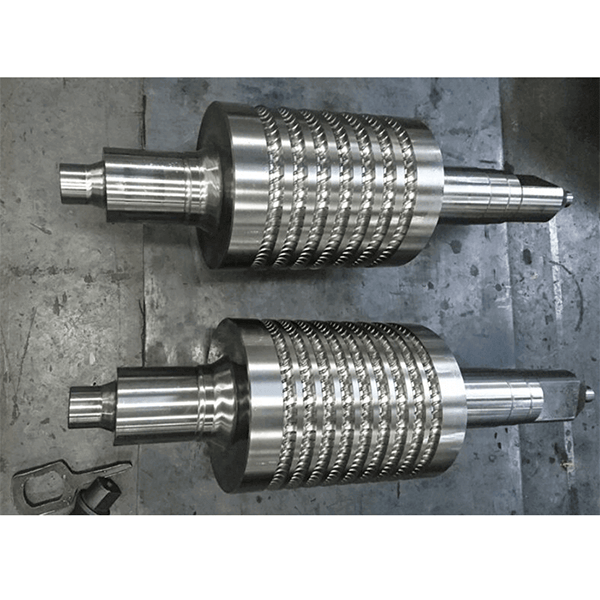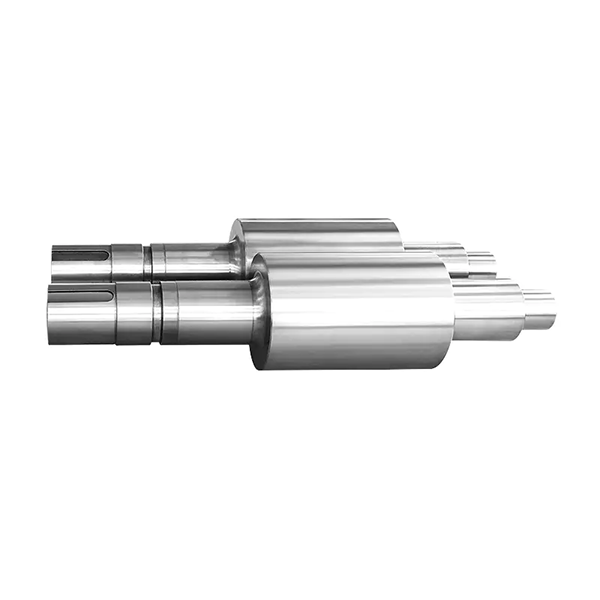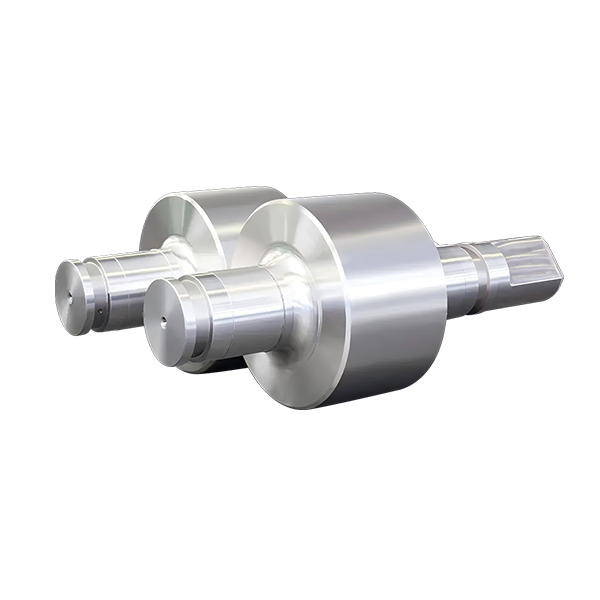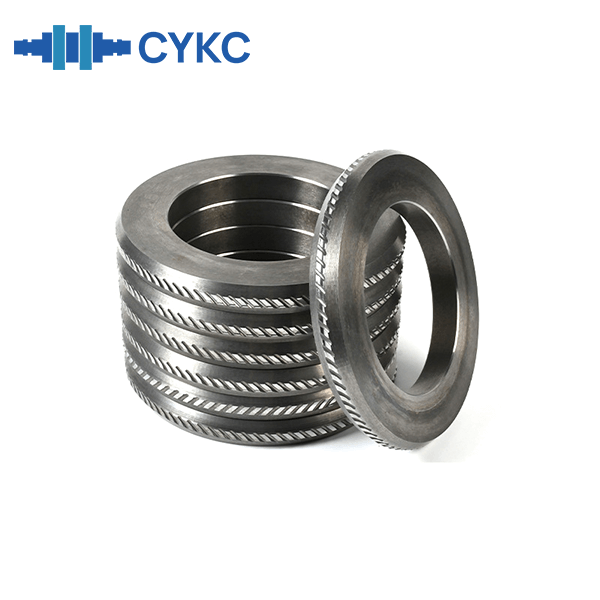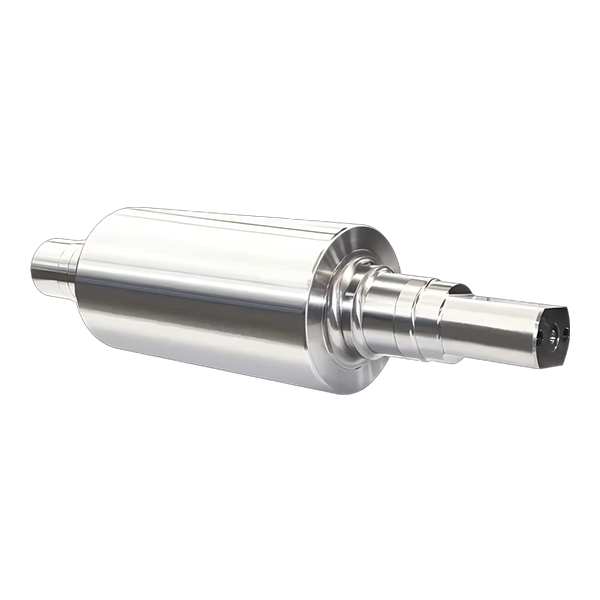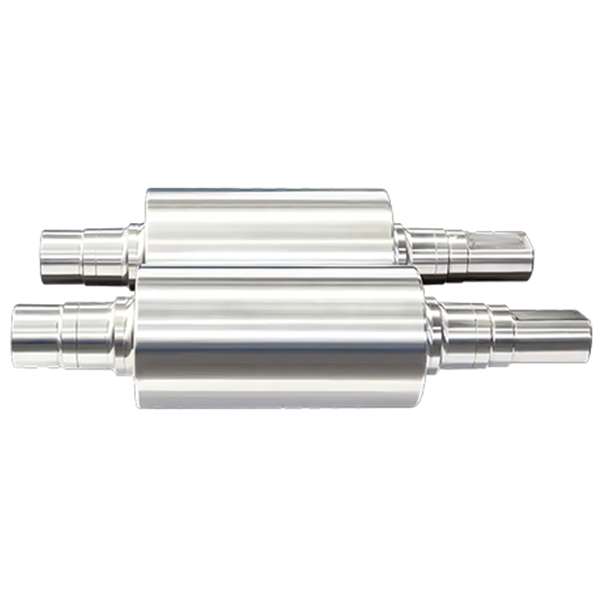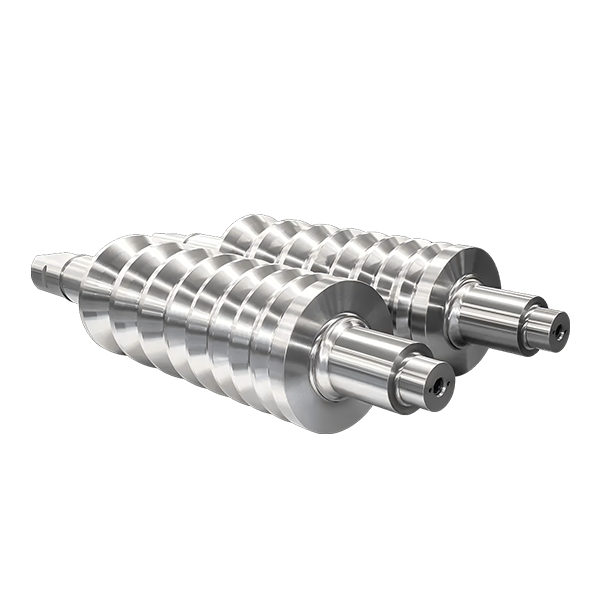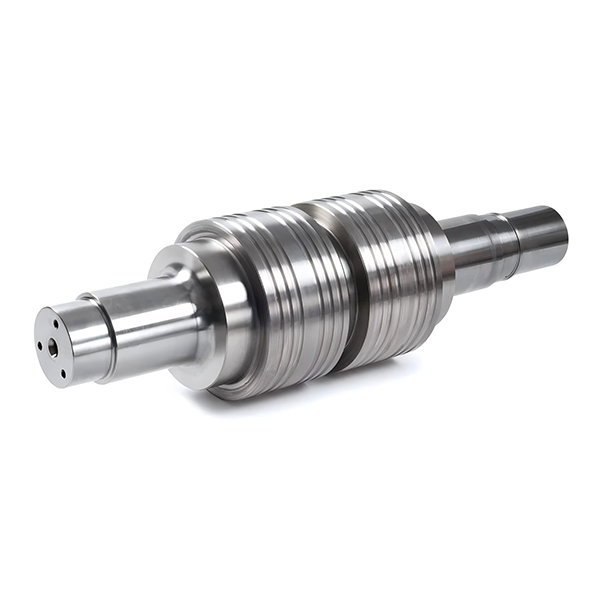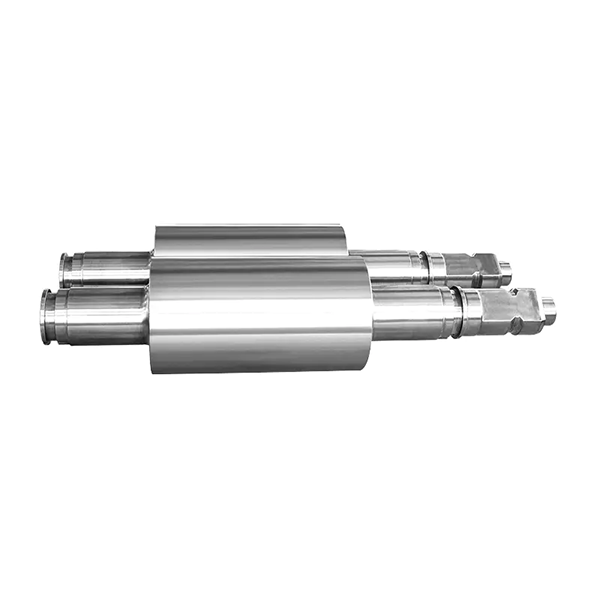Integral rolls are extremely important equipment in the metal processing industry and are widely used in the rolling process of metals such as steel and aluminum. However, the overall rolls often encounter some problems during use, which affect their working efficiency and product quality. Now let's explore the common problems of integral rolls and their causes.
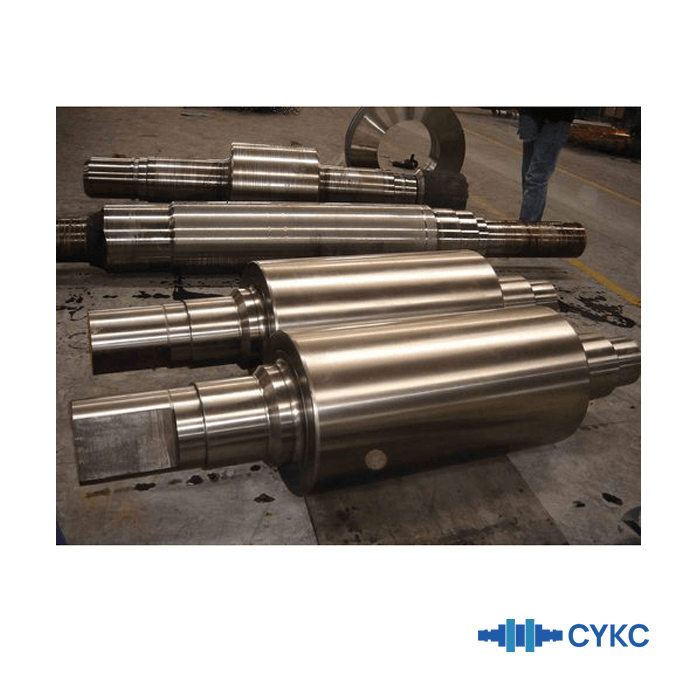
1. Wear and tear issues
During the long-term use of the entire roll, wear and tear often occurs. This is caused by the friction between the rolls and the metal material. Wear not only leads to a decline in the precision of the rolls, but may also affect the surface quality of the material after rolling. The main causes of wear include insufficient material hardness, overly fast rolling speed, and inadequate cooling, etc.
2. Cracks and damages
In the high-temperature and high-pressure rolling environment, rolls often bear huge mechanical stress, which may cause cracks or even damage to the material. The generation of cracks is mainly related to the quality of the material, the heat treatment process of the rolls and improper operation during use. If the machine is suddenly shut down or started up, the rolls will be subjected to a relatively large impact force, which is prone to cause the formation of cracks.
3. Surface defects
The surface quality of the rolls is crucial to the final product. Common surface defects include scratches, pits, etc. These defects will directly affect the quality of rolled products, resulting in a large surface roughness of the finished products. The occurrence of surface defects is often related to processing techniques, usage environments and maintenance, such as inadequate cleaning of rolls or contact with substandard raw materials.
4. Uneven temperature
When rolls operate at high temperatures, the uniformity of temperature has a significant impact on their performance. Uneven temperature distribution may lead to local overheating, thereby accelerating wear and the formation of cracks. At the same time, if the cooling system operates poorly, it will also cause these problems. Therefore, it is crucial to keep the rolls within a reasonable temperature range.
5. Deformation issue
During long-term operation, especially when subjected to considerable pressure, rolls may undergo plastic deformation. This deformation will cause changes in the geometry of the rolls, thereby affecting the accuracy and efficiency of the rolling process. The causes of deformation are usually related to unreasonable design, improper material selection and human operational errors.
6. Insufficient maintenance and upkeep
The normal operation of the entire roll cannot do without regular maintenance and care. If daily maintenance and upkeep are not in place, such as insufficient lubrication and inadequate cleaning. The absence of regular maintenance and other deficiencies can all lead to premature aging and failure of the rolls. Therefore, establishing a sound maintenance and upkeep mechanism is an important measure to extend the service life of rolls and ensure stable production.
Conclusion
The failure of the entire roll is a complex systemic issue, involving multiple aspects such as materials, design, process, and operation. To ensure its normal operation, in addition to implementing strict quality control in material selection and manufacturing, daily maintenance, temperature management and the implementation of operating procedures are also indispensable. Through comprehensive management, the failure rate of the overall rolls can be effectively reduced, and production efficiency and product quality can be improved.


